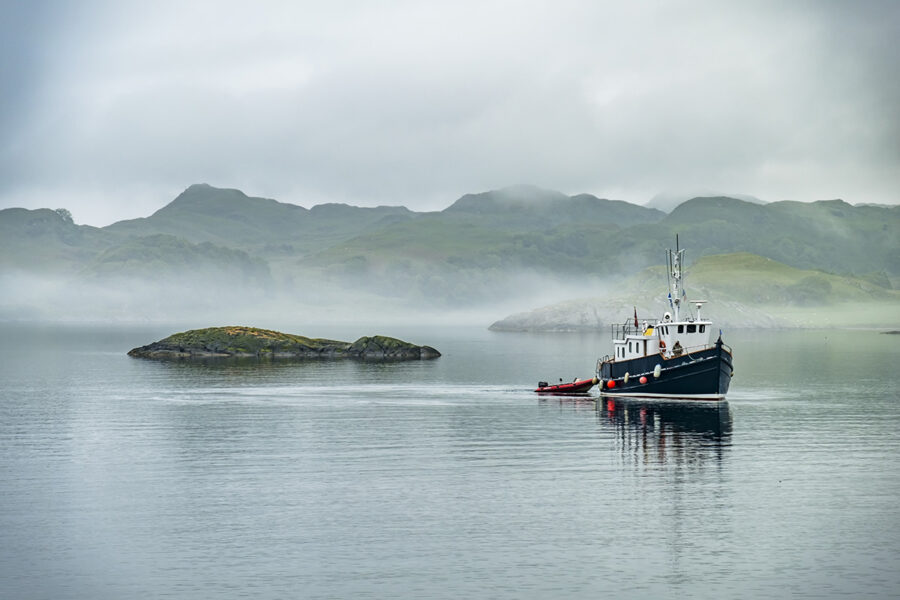The Scottish government consultation on the share-out of additional quota received by the UK post-Brexit, which opened in October, closes on 11 January.
The consultation sets out a number of possible allocation mechanisms for the quota, which is the Scottish share of the UK additional quota that was provided through the Trade and Co-operation Agreement with the EU, signed as part of the Brexit agreement.
The mechanism by which this additional quota is split between the UK administrations is enshrined in the UK quota management rules, a document signed off by all four UK fisheries ministers, with subsequent agreement too from the three Crown Dependencies, Jersey, Guernsey and the Isle of Man.
Much of the additional quota received by the UK to date has been for ‘paper fish’, such as the sprat quota issued to the English non-sector last year with great fanfare, none of which was actually landed. However, considerable long-term potential for new fisheries and diversification exists, one example of which was the restoration of a small herring fishery in the Isle of Man.
In Scotland, the extra quota up for discussion includes additional North Sea cod and saithe, monkfish in both the North Sea and the West of Scotland, and
some flatfish species. By far the largest quota uplift is for western mackerel, which dwarves the other tonnages. This is being treated separately, with the vast majority being shared between the existing 21 licensed Scottish midwater vessels.
Under the terms of the TCA, a rising proportion of these quota stocks will be transferred to the UK until the final year of the agreement in 2026. The situation after this date will be subject to whatever deal the UK is able to negotiate with the EU.
A second source of additional quota is from international swaps, such as the large mackerel swap received by the UK last summer, in exchange for access to Norwegian vessels to catch their mackerel in the Scottish sector of the UK EEZ. This was not split entirely along FQA lines, with part of it being used as swap currency to bring in additional West of Scotland cod quota, part of it provided to the handline fleet, and the remainder split evenly between the larger Scottish pelagic vessels.
Multiple options for the redistribution of the ‘Brexit bonus’ quota are provided for in the consultation. They include:
- Allocating according to existing track records, possibly for the reference period of 2015-2019
- Reserving the allocations for the non-sector, many vessels of which currently have almost no access to quota fisheries, with one option being a fixed annual tonnage, to allow vessel owners to plan around the fishery
- Distributing evenly between all Scottish vessels
- Allocations being made to those vessels that will land the additional quota in Scottish ports, maximising the benefits of the extra quota to local communities
- Allocating preferentially to vessels that meet externally accredited vessel and crew certification schemes, in a bid to encourage vessels towards ‘best practice’ with respect to issues such as crew welfare
- Reserving the additional quota for vessels that can demonstrate that they have lost access to other fisheries
- Allocating according to environmental criteria, for example, to vessels moving to low-carbon propulsion, or using gear that has little or no seabed interaction.
To support easy responses, the Marine Directorate has provided a response document with questions relating to each option, but also with space alongside each one to add your own thoughts and suggestions.
The full consultation document, and response form, is available here.
This story was taken from the latest issue of Fishing News. For more up-to-date and in-depth reports on the UK and Irish commercial fishing sector, subscribe to Fishing News here or buy the latest single issue for just £3.30 here.
Sign up to Fishing News’ FREE e-newsletter here.








